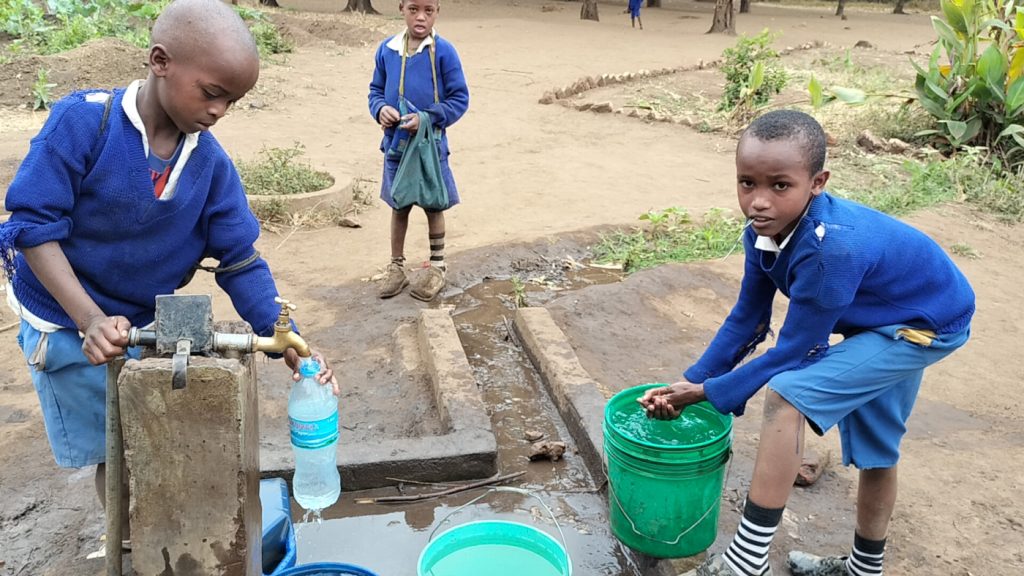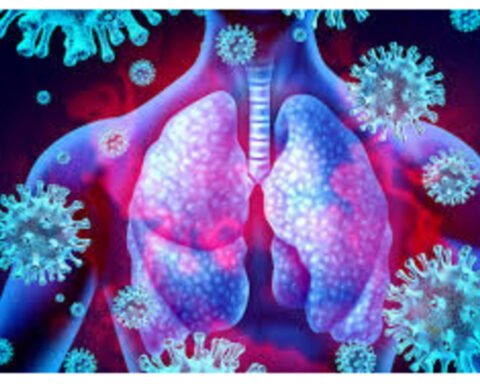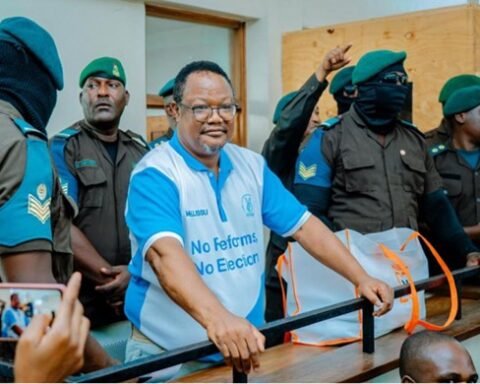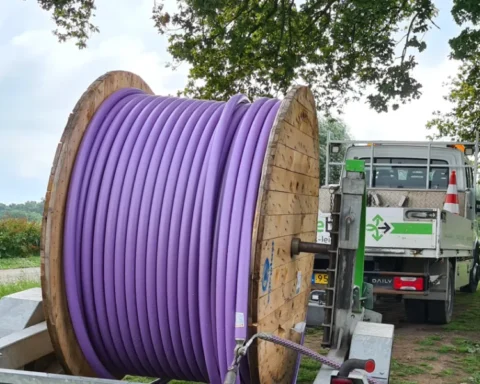The Tanzanian government has confirmed that more than 25,000 schools across the country now have consistent and reliable access to clean water sources.
The announcement was made in Parliament by Dr. Festo Dugange, the Deputy Minister in the President’s Office – Regional Administration and Local Government, as he responded to a question from MP Stella Fiyao, a Special Seats legislator, who raised concerns about water harvesting infrastructure in schools.
According to data from the latest 2024 Basic Education Statistics, a total of 5,311 secondary schools now have reliable water sources. Of these, 2,960 schools are connected to piped water systems, 1,217 schools use boreholes or wells, and 1,134 schools collect rainwater for daily use.
Meanwhile, the situation in primary schools shows significant progress as well. Out of 20,509 primary schools, 10,965 now have piped water, 4,966 draw water from wells, and 4,578 are equipped with rainwater harvesting systems.
Also Read; Brazil Takes BRICS Leadership Amid Global Shifts
“This data shows the government’s commitment to ensuring our schools are equipped with the necessary water, sanitation, and hygiene infrastructure,” said Dr. Dugange. “As we continue to build new schools or improve toilet facilities, we are now integrating rainwater harvesting into the design and budget plans.”
Access to safe drinking water in learning institutions is a global benchmark for education quality and health protection. According to UNESCO, poor WASH facilities in schools contribute to student absenteeism—especially for girls, who often face challenges attending school during menstruation when adequate sanitation is unavailable.
Dr. Dugange emphasized that Local Government Authorities (LGAs) are taking a lead role in identifying the most effective water sources for their respective regions, whether from underground wells or sustainable rain harvesting.
Tanzania’s efforts are aligned with the global Sustainable Development Goal 6 (SDG 6), which aims to ensure availability and sustainable management of water and sanitation for all by the year 2030.
Various international partners, including UNICEF and the World Bank, have supported national programs to expand access to clean water in schools, helping create healthier and safer environments where students can thrive.







